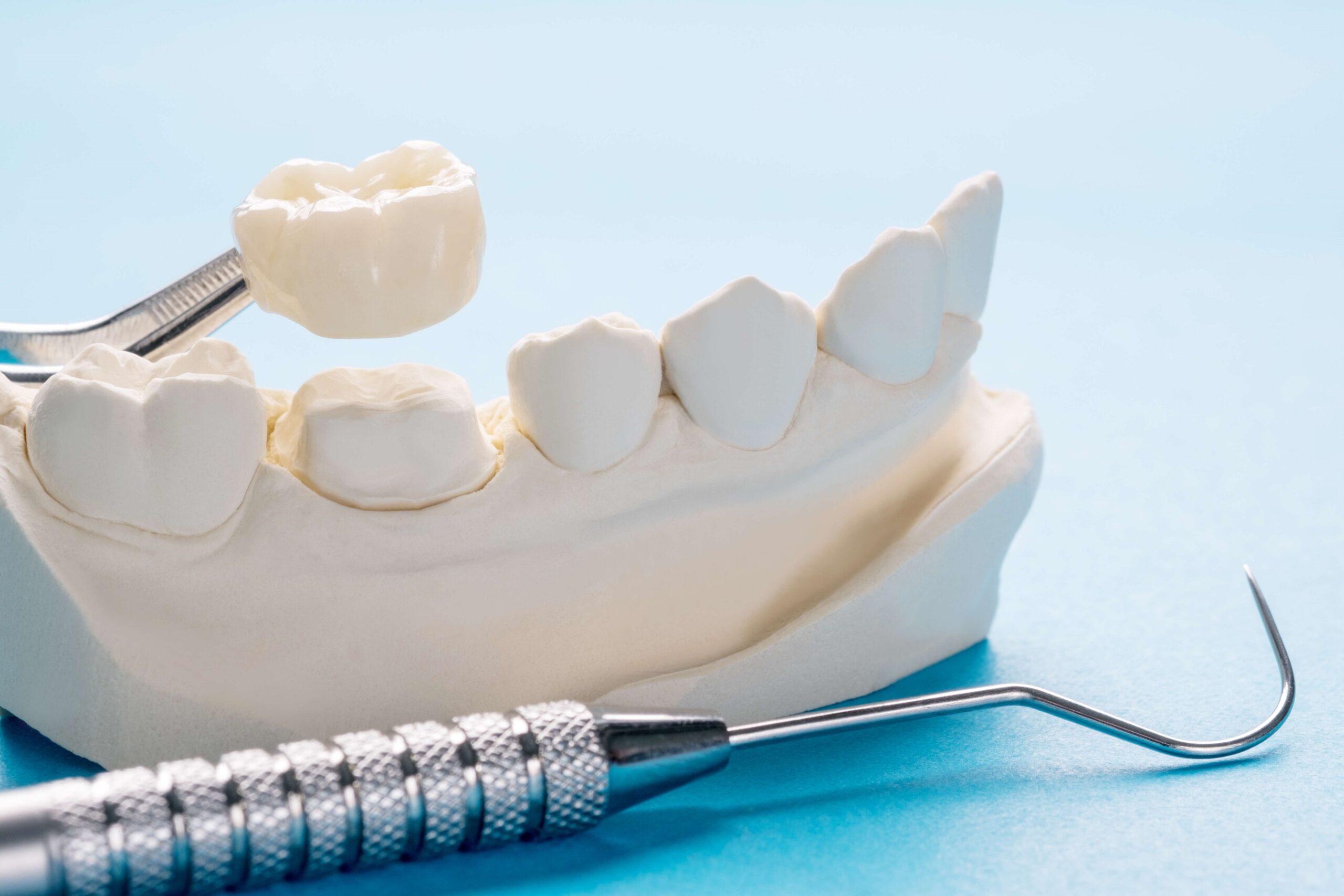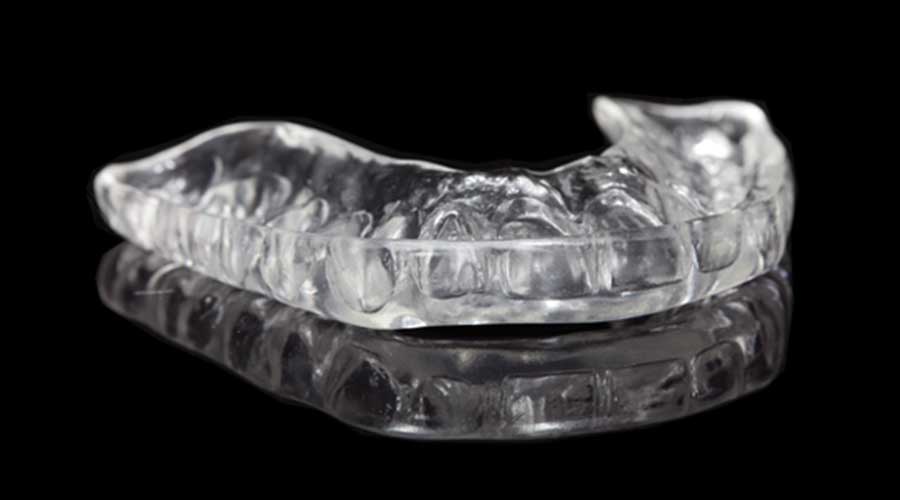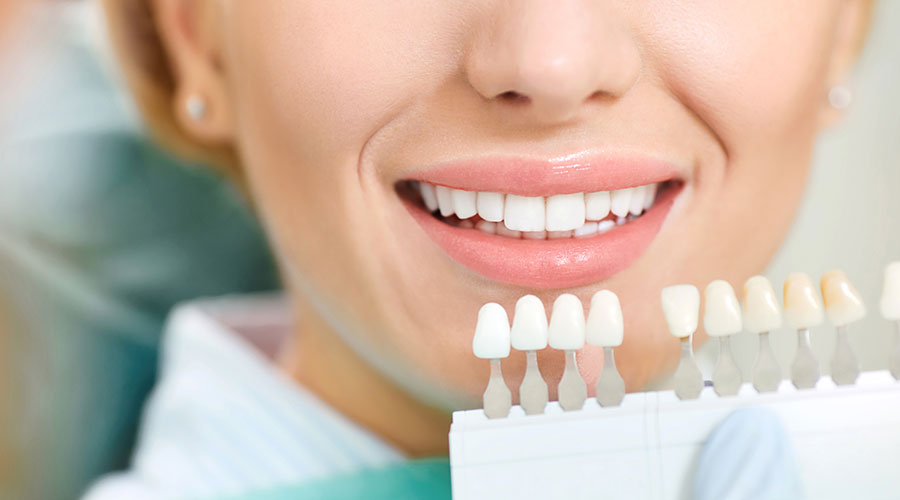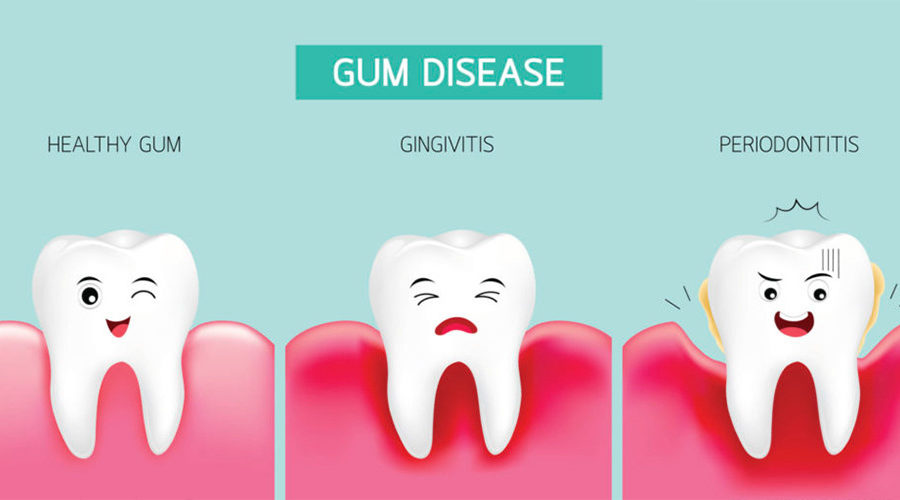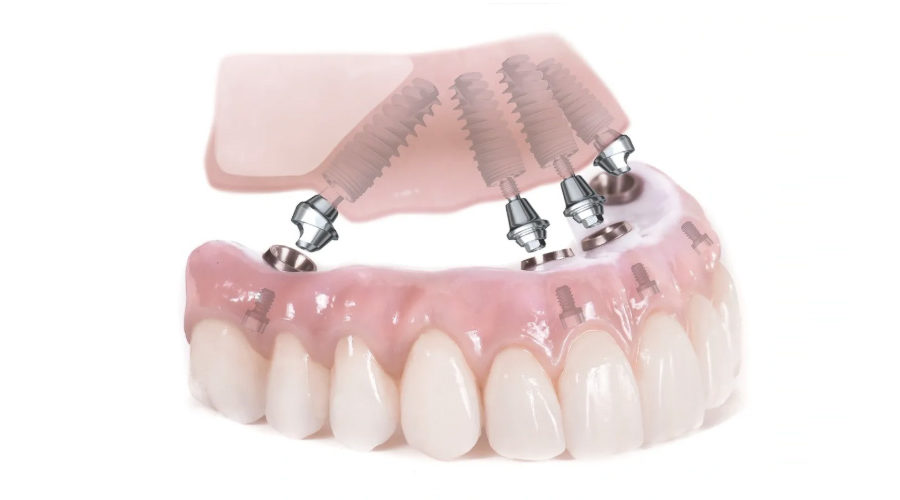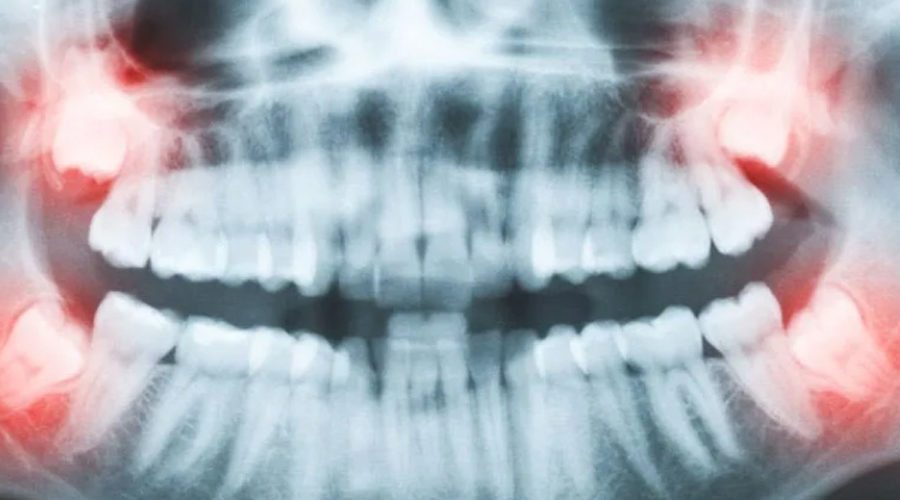Dental Crowns: The Advantages
Dental crowns are a common dental procedure that can help amplify the beauty of your smile. They are customized to the shape and colour of your original tooth and can cover from the chewing surface of the tooth to the gum line. In certain cases, crowns are essential in order to protect the structure of the tooth. An example of this is application of a crown on a root canal treated tooth.
Crowns are not only used for medical purposes they are also used for cosmetic purposes. They can aid in the disguise of a chipped tooth from a childhood accident or mask a misshapen tooth. This versatile but simple procedure can not only improve your smile but also allow for your teeth to have a more practical function.
Alter the look of your teeth
Dental crowns help restore your teeth and alter your smile. They can help cover cracked, discolored, chipped, fractured, misshapen and crooked teeth. They can help hide teeth that have a natural stain. Similar to porcelain veneers, crowns are used to correct flaws in your smile and amplify the appearance of your smile.
Maintain the structure of a damaged tooth
Root canal treated teeth sometimes may become more susceptible to breakage and chipping as they are more delicate. Additionally, teeth with extensive decay and oral trauma may become painful and sore. A dental crown best protects teeth in such conditions. Adding a dental crown can protect the structure of the tooth, protect it from further sensitivity and maintain the oral health of the teeth.
Customized to your needs
Dental crowns can be customized to the shape, colour, size and fit that works best for your smile. They are often made in a lab who receives the dental impression or an oral scan of your tooth. The lab works to make a crown with the exact colour that you request allowing you to have a smile that is perfectly blended.
Noninvasive procedure
Although the thought of having a dental crown placed in your mouth may sound daunting it is relatively a simple procedure, which is generally broken in two short visits to your dentist. The dentist will help shape your existing tooth into a position that can hold the crown. Then the dentist will send an impression or a digital scan of the tooth to the lab to have a customized crown created that would be cemented into place in your mouth. Just like that you can alter the look of your smile!
Durability
Dental crowns are usually made with a very strong material to mimic the structure of your natural teeth. These crowns can last 15 to 30 years depending on how the teeth are maintained. Flossing, brushing and regular visits to your dental office can help ensure the durability of your teeth and make sure you get the full benefit of your dental crown.
Your smile is an important asset, ensure that it is maintained by visiting your dentist and asking if dental crowns can help alter your smile. Dental crowns can help magnify how you use your teeth and how they appear. If you are suffering from a broken, cracked, fractured, misaligned or chipped tooth call D.R. Dental Clinic to see if dental crowns can work for you.
